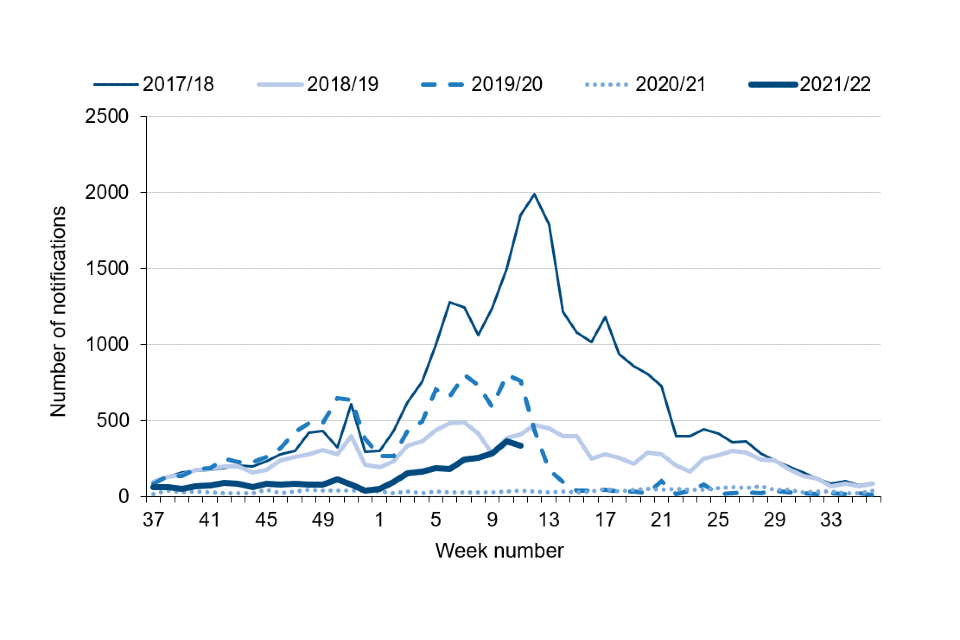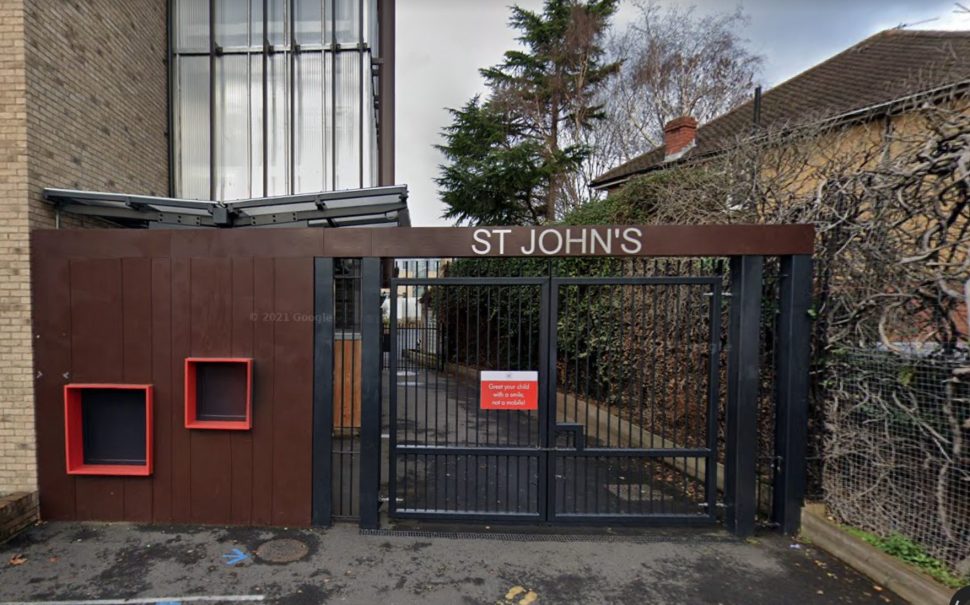A third child of primary school age has died after contracting Strep A, health officials have confirmed today.
The child attended St John’s School in Ealing, west London and their age has not yet been released.
This latest death follows two others across the UK in Wales and Surrey over the last seven days and has prompted health officials to issue warnings to parents asking them to be on the look-out for symptoms.
Dr Yimmy Chow, health protection consultant at the UK Health Security Agency (UKHSA), said: “We are extremely saddened to hear about the death of a child at St John’s Primary School, and our thoughts are with their family, friends and the school community.
“Working with Ealing Council public health team, we have provided precautionary advice to the school community to help prevent further cases and we continue to monitor the situation closely.”
“Group A streptococcal infections usually result in mild illness but anyone with high fever, severe muscle aches, pain in one area of the body and unexplained vomiting or diarrhoea should call NHS 111 and seek medical help immediately.”
Dee Cartledge, The Founder of the Lee Spark Foundation who focus on severe streptococcal infections, including Group A Strep, said: “Parents need to be vigilant at this time of year and look out for the early signs which will be listed in letters sent out to schools.”
What is Strep A?
Group Strep A (GAS) – also known as Streptococcus pyogenes – are bacteria which can colonise the throat, skin and anogenital tract but most people do not develop any symptoms, says the NHS.
It can cause a diverse range of infections including tonsilitis and scarlet fever and symptoms include pain when swallowing, fever, swollen tonsils with white patches, swollen neck glands, a high temperature or a skin rash.
Strep A is transmitted through coughs, sneezes, and skin-skin contact.
Those carrying the bacteria may have no symptoms, but are just as likely to pass on Strep A as those who have fallen ill.
Most cases of throat infection will get better on their own without treatment. Skin infections may require antibiotics.
Health officials are understood to have seen a slight rise in cases of Strep A, which can cause scarlet fever, though deaths and serious complications from the infection are rare.
Beate Kampmann, Professor of Paediatric Infection & Immunity, London School of Hygiene and Tropical Medicine, said: “In very rare circumstances when the bacterium produces a toxin it can cause really serious illness such as heart inflammation, necrotising fasciitis, sepsis and toxic shock with organ failure, and this unfortunately appears to have been the case of the tragic deaths of the young children.
“There is no vaccine-yet- but it usually responds well to simple antibiotics like Penicillin- except if a shock-like picture needs intensive care and all the support that comes with it.
“It is a very rare condition but it can evolve into a serious picture and if parents are concerned about their child looking very ill they should always promptly seek medical advice.”
Are we hypersensitive to the viruses after Covid?
According to UKHSA, the recent Strep A outbreak is rare.
The UKHSA’s most recent report, updated on 20 September, on strep A infections showed the recent levels were below average compared to the past four seasons, and the increase was following the usual seasonal patterns.

UKHSA said: “While increases in severe presentations in children have not been seen so far this season, it remains important that scarlet fever cases are treated promptly with antibiotics to limit further spread, and reduce risk of potential complications in cases and household contacts.”
The UKHSA advice is those who contract the infection should isolate themesleves from nursery, school or work for at least 24 hours after they start antibiotic treatment.
Featured image credit: Google Street View





